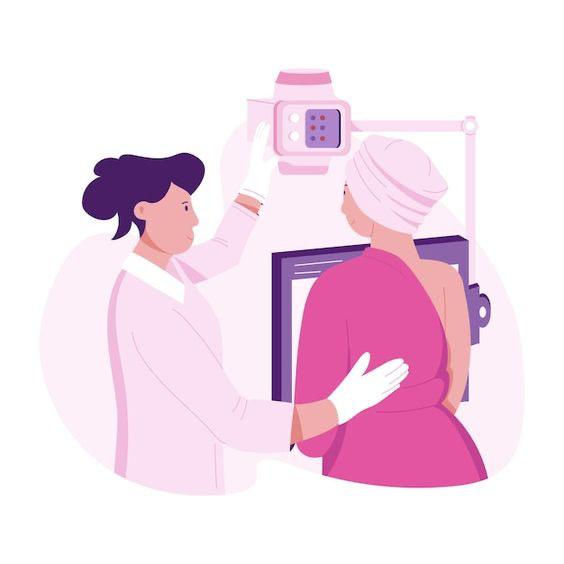Gender Oncology: Cancer Is Not Neutral
- Arianna Russo

- Sep 20, 2025
- 2 min read

Despite advances in precision medicine, oncology still often fails to account for differences between biological sexes and gender roles. For decades, clinical research has followed a "gender-neutral" approach, which, in practice, often means male-centered, overlooking how both biological sex and sociocultural gender influence cancer incidence, treatment response, and outcomes. This blind spot not only undermines treatment effectiveness but also perpetuates avoidable disparities in care.
Gender Oncology addresses this issue head-on. It examines how sex (biological differences) and gender (social identity and behavior) affect cancer across its entire course from prevention and diagnosis to therapy and survivorship.
For instance, hepatocellular carcinoma is significantly more common in men, likely due to a combination of hormonal and behavioral factors, while thyroid cancer is four times more frequent in women (JAMA Oncology,2017). Yet, these epidemiological differences rarely translate into differentiated clinical pathways.
Treatment responses also very significantly. Women tend to experience higher rates of hematologic and gastrointestinal toxicities from chemotherapy at standard doses compared to men (Journal of Clinical Oncology,2020). In Immunotherapy, emerging data suggest that men may have better efficacy outcomes, while women experience a greater incidence of immune-related adverse effects (Lancet Oncology,2018). Still, many cancer drugs are tested and approved using protocols that do not account for sex-based differences, with women often underrepresented in clinical trials. According to the FDA, women make up less than 40% of participants in many oncology trials (FDA Drug Trials Snapshots,2022).
Gender, understood as a social construct, plays a crucial role as well. Women are generally more proactive in seeking medical help but are more vulnerable to stigma from treatment side effects that impact body image. Men, on the other hand, are more likely to delay diagnosis and may be less inclined to seek emotional or psychological support (Psycho-Oncology,2021).
Incorporating a gender perspective in oncology is essential to building safer, more effective , and more equitable care, because cancer is not the same for everyone and treatments can no longer afford to be.
Assessed and Endorsed by the MedReport Medical Review Board






